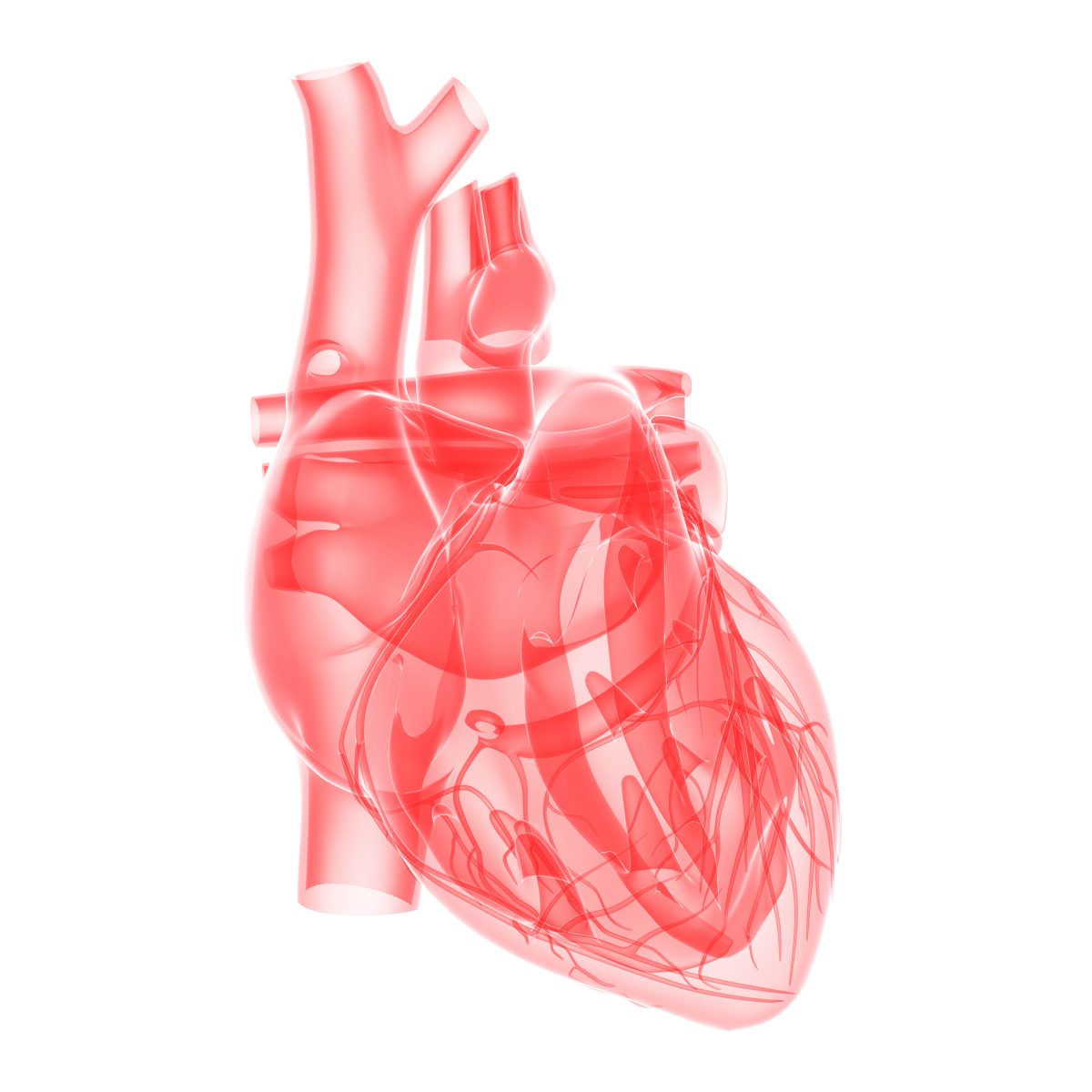Capricor Gets $3.4M Grant for Duchenne MD Trial on Lead Drug Candidate Research
Written by |

Los Angeles-based Capricor Therapeutics has been awarded nearly $3.4 million to support its Phase 1/2 HOPE-Duchenne clinical trial.
The grant is from CIRM — the California Institute for Regenerative Medicine — as part of the CIRM 2.0 program, a joint initiative meant to advance the development of treatments based on stem cells for people still suffering from a lack of medical response for their conditions.
Capricor Therapeutics is a clinical-stage biotech dedicated to discovering, developing, and commercializing first-in-class therapeutics. Its lead programs focus on Duchenne muscular dystrophy (DMD and heart conditions.
One of the company’s lead product candidates, CAP-1002, is for the treatment of myocardial infarction (heart attack), advanced heart failure, and DMD-related cardiomyopathy.
The Phase 1/2 HOPE-Duchenne (Halt cardiomyopathy progression in Duchenne) trial will investigate CAP-1002’s safety and preliminary efficacy in 24 male patients suffering from cardiomyopathy due to DMD. Patient enrollment for the first cohort in the trial is now complete.
“This grant award from CIRM provides significant validation of the therapeutic potential of CAP-1002 for patients with DMD-associated cardiomyopathy, a debilitating condition for which there is currently no approved treatment,” Capricor’s president and CEO, Linda Marbán, Ph.D., said in a press release. “These non-dilutive funds will be invaluable as we execute the HOPE-Duchenne clinical trial, for which we expect to report topline results during the first quarter of 2017.”
CAP-1002 is an intracoronary-delivered allogeneic, cardiosphere-derived cell treatment, where donor heart tissue is inserted directly into a patient’s coronary artery while in a catheterization procedure. The U.S. FDA has granted CAP-1002 Orphan Drug status for the treatment of DMD.
In February, Capricor announced the treatment of the first patient in the multi-center, randomized, open-label Phase 1/2 HOPE-Duchenne clinical trial.
“There can be nothing worse than for a parent to watch their child slowly lose a fight against a deadly disease,” said CIRM President and CEO C. Randal Mills, Ph.D. “Because diseases like Duchenne muscular dystrophy are rare, there are limited treatment options for them, which makes it all the more important for CIRM to focus on targeting these unmet medical needs.”





